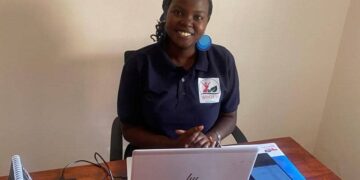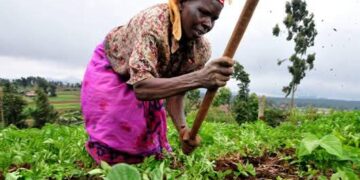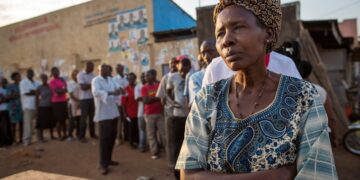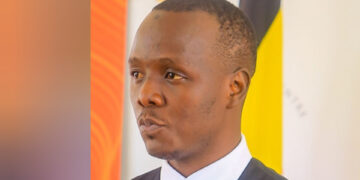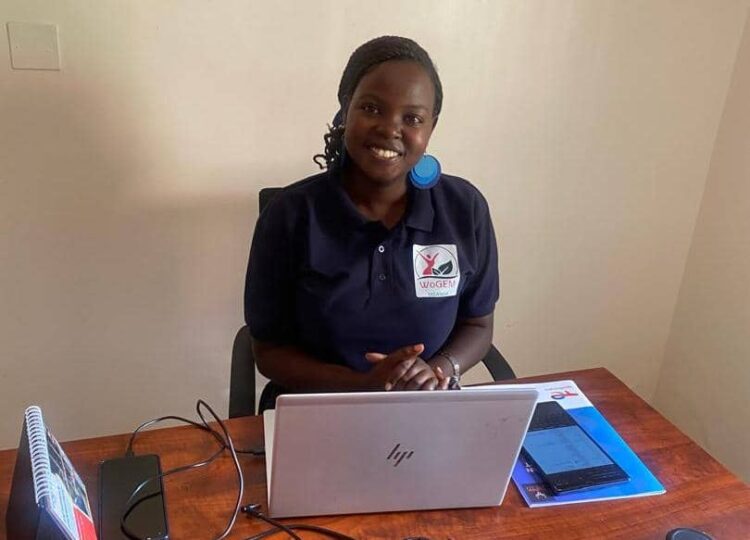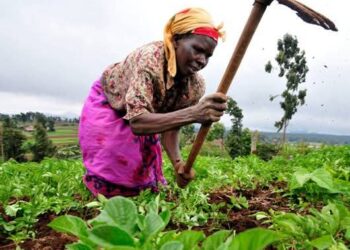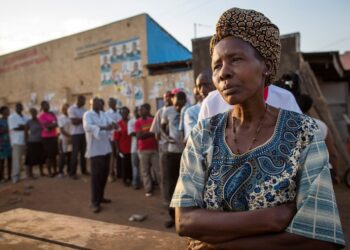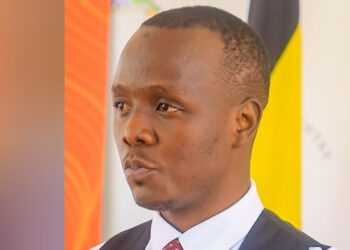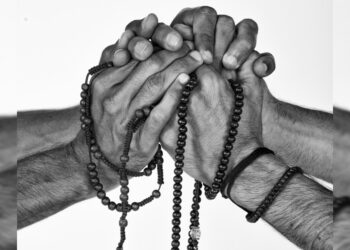OPINION
As we get closer to International Women’s Day celebrations under the theme “Accelerate Action”, it is imperative to acknowledge and celebrate the fundamental roles that women at the grassroots play in combating climate change. This day reflects not only on the social, economic, cultural and political contributions but also the challenges they have gone through amidst the crisis. Grassroot women continue to face higher risks and greater burdens from the impacts of climate change in situation of poverty, and majority of the world’s poor people are women. Women’s unequal participation in decision making processes and labour markets compound inequalities that often prevent them from fully contributing to the development of their communities.
Climate change impacts exacerbate existing inequalities, threatening their health, safety, and economic security. Despite the huge challenges they continue to face, women continue to stand out as powerful agents of change and leaders in building resilience in their communities. It’s important to note that climate change disproportionately affects Girls and women. These climate change impacts especially in Uganda are due to high level of deforestation, extraction of fossil fuels and other human activities like bush burning and more so the East African Crude Oil Pipeline (EACOP) in the oil affected areas has brought domestic violence unto women and increased loss of biodiversity.
It must be highlighted that women have faced greater food insecurity than men.
When there is food scarcity, it is common for men and children to be fed first with women eating last and least.
Droughts have forced many women and girls into subsistence farming and activities which increases their workloads as they grapple to secure sufficient food provisions for their families and communities as well. As climate crises continue to swell, the burden of environmental care has spiked further gender inequalities, and the number of hours women and girls spend on caring for the planet.
Equipping women with skills from the available resources such as financial literacy, hands on skills that is making of eco friendly bags, making reusable sanitary towels and charcoal briquettes as the alternative use of fossil fuels will not only reduce the financial dependence which is the main cause of GBV but also for environmental conservation.
Additionally, Men need to be at the forefront of fighting gender inequalities since they are the perpetrators of injustices women face.
Empowering women and girls to have a voice and be equal players in decision making related to climate change and sustainability for essential development and greater equality.
Furthermore, Addressing systemic barriers such as breaking societal, cultural norms, dismantling patriarchal systems and amplifying the voices of marginalised women and girls will ensure inclusivity.
In a world where multiple crises are putting huge pressure on communities, achieving gender equality is more vital than ever. Ensuring women’s and girls’ rights across all aspects of life is the only way to secure prosperous and just economies, and a healthy planet for future generations.
By Ainembabazi Shallon,
The writer is a Programs Officer at Women for Green Economy Movement Uganda.
